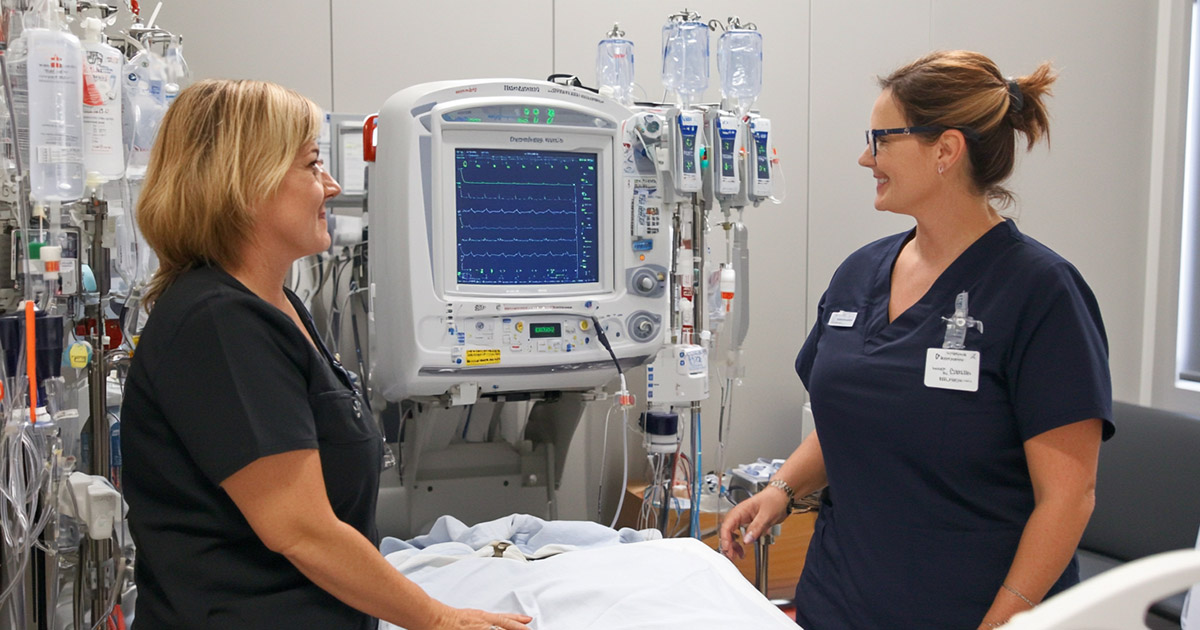Table of Contents
Dialysis treatment is a lifeline for individuals with kidney failure, but the associated costs can create significant financial strain for patients and their families. The financial burden of ongoing dialysis care can quickly become overwhelming, from treatment expenses to transportation costs and medication needs. Fortunately, numerous financial assistance programs are specifically designed to support dialysis patients through these challenges.
This comprehensive guide explores the essential resources available to
- help ease the cost of transportation
- cover insurance premiums
- address other financial concerns related to dialysis treatment.
Understanding the Financial Burden of Dialysis
- Treatment co-pays and deductibles
- Prescription drug costs
- Cost of transportation to and from treatments
- Specialized dietary needs
- Lost wages due to treatment schedules
- Medical supplies not covered by insurance
These expenses can place tremendous strain on patients already dealing with the physical and emotional challenges of kidney disease. According to recent healthcare studies, the annual out-of-pocket costs for dialysis patients can range from $2,000 to $78,000 depending on insurance coverage and individual treatment needs.
National Organizations Providing Financial Assistance
American Kidney Fund (AKF)
The American Kidney Fund stands as one of the foremost organizations providing comprehensive support to dialysis patients. Their programs include:
- Health Insurance Premium Program (HIPP):
- Assists with paying health insurance premiums for Medicare, Medigap, commercial, and employer group health plans.
- This program helps ensure continuous coverage for essential treatments.
- Safety Net Grant Program:
- Provides financial assistance for treatment-related expenses not covered by insurance, including cost of transportation and over-the-counter medications.
- Eligible patients can receive up to $175 every six months.
- Disaster Relief Grants:
- Offers emergency financial aid to dialysis patients affected by natural disasters, ensuring treatment continuity during crises.
- Rapid Response Program:
- Provides quick assistance for urgent needs when treatment might otherwise be interrupted due to financial constraints.
- Free prescription drug discount card program that can provide significant savings on medications
- Educational resources on financial planning specifically tailored to the needs of dialysis patients
- Information on assistance programs available nationwide through their comprehensive database
- Connection to state kidney programs and local resources that might not be widely advertised
- Peer mentoring programs that can provide guidance on navigating financial challenges

State and Local Assistance Programs
- Medication assistance for kidney-related prescriptions
- Transportation reimbursement for dialysis appointments
- Supplemental financial support for treatment-related expenses
- Coverage for services not addressed by health insurance
- Nutritional supplements required for kidney health maintenance
To find programs in your area:
- Contact your state’s Department of Health for information on specialized kidney programs
- Speak with a social worker at your dialysis center who can provide location-specific resource information
- Visit the National Kidney Foundation’s website for state-specific resources and contact information
- Check with your county’s social services department for local assistance options
Insurance-Related Assistance
Medicare Coverage
Medicare provides significant coverage for dialysis treatments through:
- Medicare Part A (hospitalization for kidney-related complications)
- Medicare Part B (outpatient services, including dialysis treatments and physician services)
- Medicare Part D (prescription drug coverage essential for kidney medications)
The Social Security Administration can provide guidance on Medicare enrollment for individuals with End-Stage Renal Disease (ESRD). Notably, ESRD patients qualify for Medicare regardless of age, which creates an important safety net for younger patients.
Medicaid Options
- Transportation services to and from medical appointments
- Additional prescription drug coverage beyond Medicare Part D
- Coverage for services at kidney transplantation centers
- Supplemental nutritional programs specific to kidney disease dietary needs
- Home health aide services that may be necessary for dialysis patients
Premium Assistance Programs
- American Kidney Fund’s HIPP program, which covers premiums for qualifying patients
- State kidney programs in certain states that supplement insurance costs
- Patient Advocate Foundation co-pay relief program for kidney disease patients
- Pharmaceutical company programs that assist with medication-related costs

Prescription Drug Assistance
- Medicare Part D prescription drug plans specifically designed for kidney patients
- Pharmaceutical company patient assistance programs that provide medications at reduced or no cost
- NKF’s prescription discount card, which can save up to 80% on medications
- State pharmaceutical assistance programs that supplement Medicare Part D
- Partnership for Prescription Assistance, which connects patients to multiple assistance programs through one application
Transportation Assistance
The cost of transportation to and from dialysis appointments represents a significant recurring expense. This is especially true for patients in rural areas who may travel considerable distances for treatment. Resources that can help include:
- Non-emergency medical transportation (NEMT) through Medicaid for eligible patients
- American Kidney Fund transportation assistance grants for qualifying individuals
- Local charitable organizations that provide ride services for medical appointments
- Volunteer driver programs coordinated through community service organizations
- Grant programs specifically for medical transportation needs related to ongoing treatments
How to Apply for Financial Assistance
Working with a social worker at your dialysis center is often the most effective way to navigate available assistance programs. These professionals can:
- Identify programs for which you qualify based on your specific financial situation
- Assist with application processes, including form completion and submission
- Help gather required documentation to support your applications
- Advocate on your behalf with program administrators when challenges arise
- Coordinate benefits across multiple assistance programs to maximize support
- Proof of diagnosis and treatment from your healthcare provider
- Income verification through tax returns or pay stubs
- Insurance information including policy details and coverage limitations
- Detailed breakdown of medical expenses related to your kidney care
Proactive Steps to Deal with Challenges for Dialysis Patients
Living with kidney failure and managing dialysis treatments presents significant challenges, but financial concerns shouldn’t compound these difficulties. Dialysis patients can access meaningful support to help manage treatment costs and related expenses by leveraging the resources outlined in this guide.
Remember that a social worker at your dialysis center is an invaluable resource for navigating these programs. Additionally, organizations like the American Kidney Fund and National Kidney Foundation continue to expand their support services to meet the evolving needs of individuals with kidney disease.
Patients can focus more fully on their health and treatment journey rather than the associated financial burdens by taking proactive steps to explore available financial assistance options.




